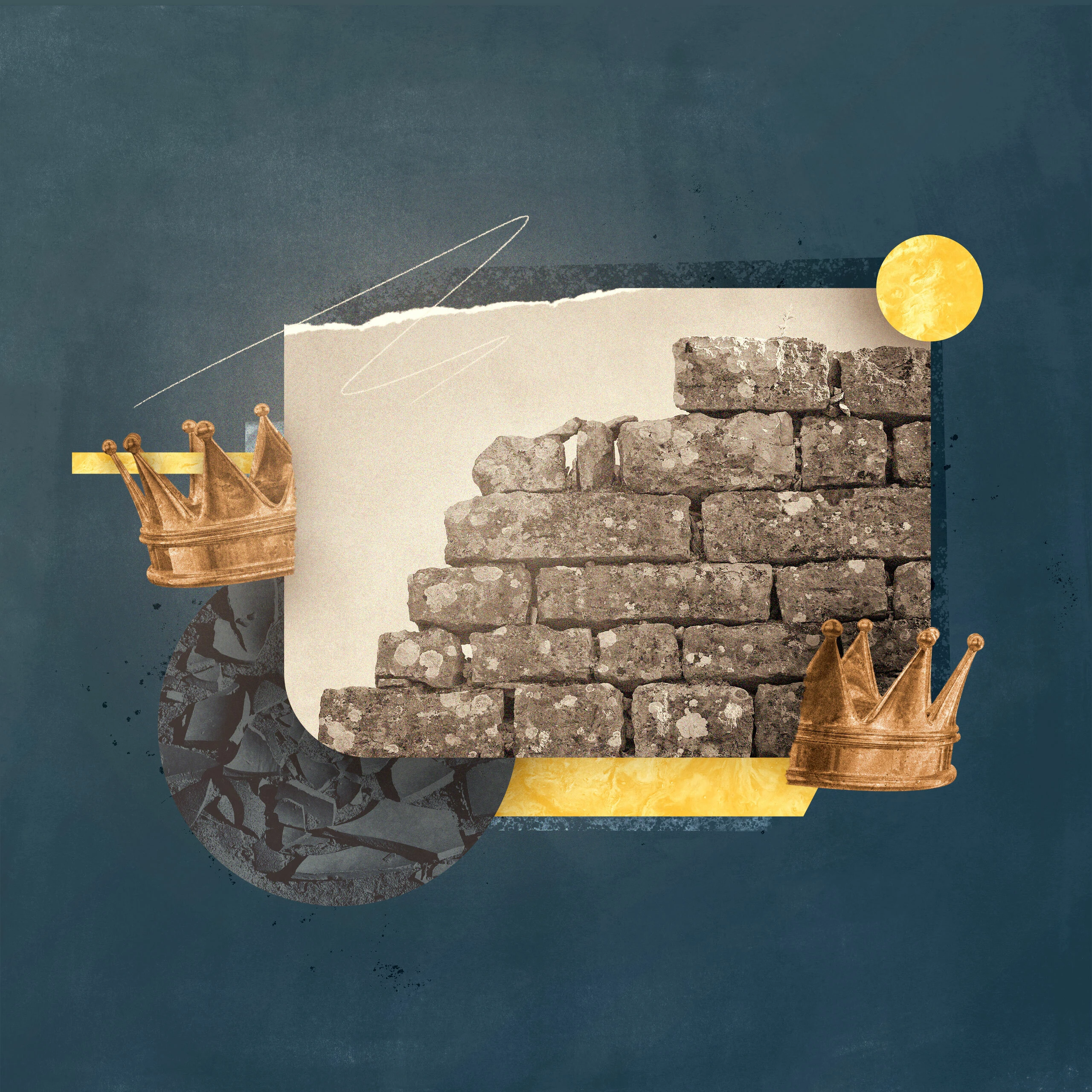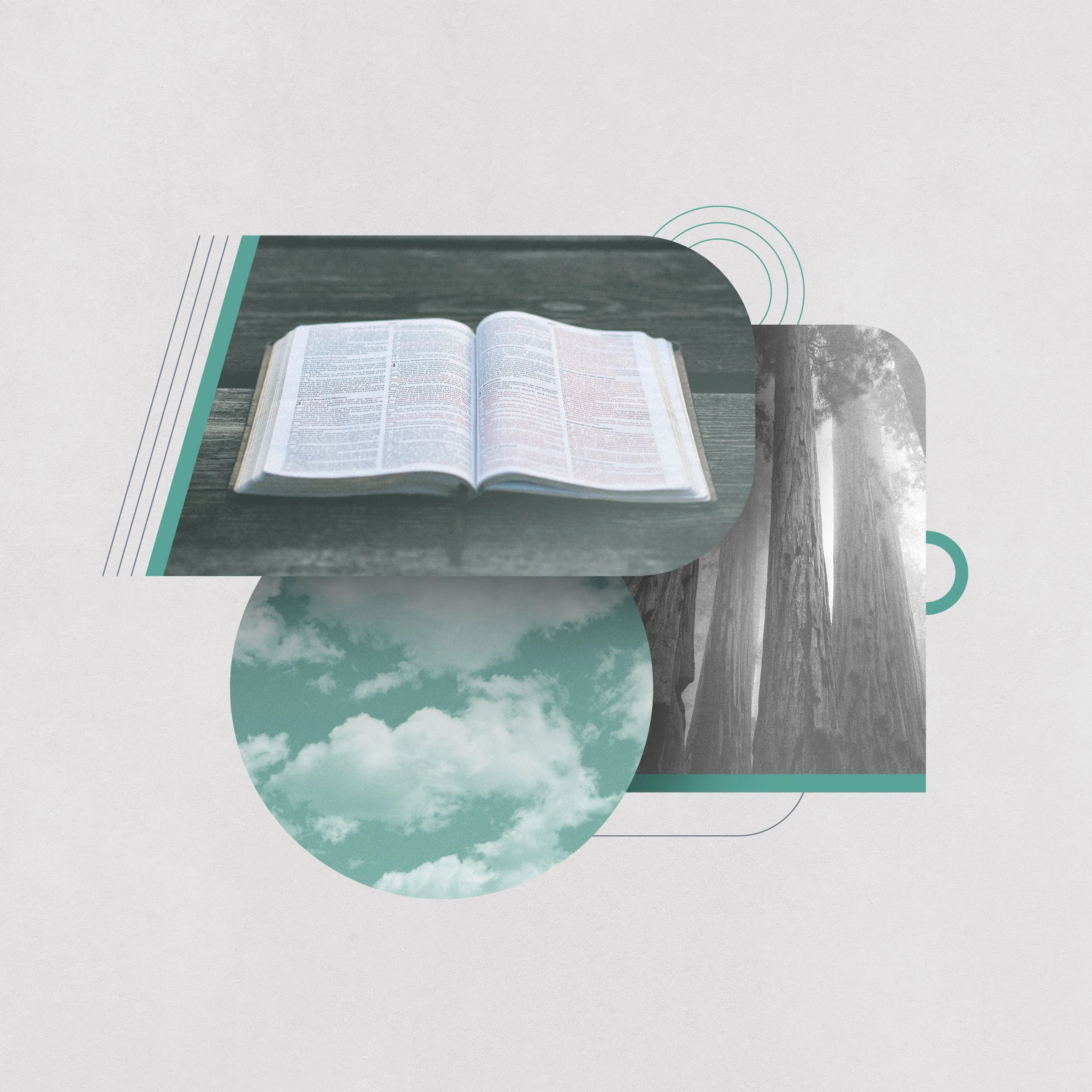3 Things You Should Know About 1 & 2 Chronicles

The book of Chronicles is an important part of our divinely inspired Bible, but two factors often deter modern Christian readers: (1) the opening nine chapters are filled with genealogical information that makes far from compelling reading, and (2) everything that follows in some measure repeats information about the Davidic dynasty that has already been recorded in the books of Samuel and Kings. The contents of Chronicles are often identical to what is found in these earlier books. Why, we might ask, do we have in the Bible a second history of Israel that overlaps in varying degrees with what is already recorded in Samuel and Kings? Three important observations may help answer this question.
1. For the author of Chronicles, the Davidic monarchy is central to God’s plan of redemption for the entire world.
We need to appreciate the context in which Chronicles was composed. Samuel and Kings were written around 550 BC, in the wake of Jerusalem being sacked by the Babylonians. This devastating event resulted in the temple’s destruction and the end of the Davidic dynasty’s rule over the nation of Judah. According to Kings, these tragic developments were a consequence of God’s judgment on the people of Judah and especially the Davidic kings, who turned away from worshiping God. However, circumstances had changed dramatically by the time Chronicles was composed between 450–400 BC. By this stage, many Judeans had returned to Jerusalem from captivity in Babylon to rebuild the temple and the city walls.
The historical context of when each book was composed influences its overall message. Kings explains why destruction and exile befalls Jerusalem due to the corruption of the Davidic monarchy. In marked contrast, the author of Chronicles encourages his readers to believe in the continuing importance of the Davidic monarchy and to pray for its restoration. For the author of Chronicles, the Davidic monarchy is central to God’s plan of redemption for the entire world.
2. Chronicles holds out hope that God will raise up a descendant of David to establish God’s kingdom in the world.
Despite the absence of a king in Jerusalem after 586 BC, Chronicles holds out hope that God will raise up a descendant of David to establish God’s kingdom in the world. This eventually comes to fulfilment in Jesus Christ. However, for the people of Jerusalem in the late fifth century BC, doubts must have existed regarding God’s commitment to the Davidic dynasty. According to the book of Kings, the corruption of the Davidic kings had contributed to the destruction of Jerusalem. In light of God’s punishment of the Davidic kings, the people must have wondered: Is God still committed to sending a unique king from the line of David to establish His kingdom?
In describing past events, the author of Chronicles focuses almost exclusively on the Davidic dynasty. Unlike the book of Kings, Chronicles says almost nothing about the kings who ruled in the northern kingdom of Israel. Chronicles is only interested in the Davidic kings who ruled from Jerusalem. The tribe of Judah, to which the Davidic kings belong, has the pride of place in the genealogies of chapters 1–9. Judah is listed first and receives more attention than any other tribe. Chronicles then devotes twenty chapters to David, nine chapters to David’s son Solomon, and twenty-seven chapters to the remaining Davidic kings who ruled in Judah. In Chronicles, the Davidic dynasty is of primary importance.
In addition, compared to Samuel–Kings, Chronicles portrays the Davidic dynasty in a more positive light. Chronicles avoids recounting David’s adulterous affair with Bathsheba and refrains from telling us that Solomon was led astray by his many wives. Most strikingly, whereas Kings apportions considerable blame for the destruction of Jerusalem to King Manasseh and highlights his many faults (2 Kings 21), the Chronicles account of Manasseh’s life records exclusively his repentance after being exiled to Babylon and his restoration to the throne in Jerusalem (2 Chronicles 33). The great villain of Kings is shown in a very different light in Chronicles. If God could restore a repentant Manasseh to the throne in Jerusalem, there is hope that God will yet restore a Davidic king to rule over His kingdom. This brings us to the third important thing about Chronicles.
3. The author of Chronicles highlights an intimate bond between the temple and the Davidic king.
By way of convincing his readers that God will restore the Davidic dynasty to the throne in Jerusalem, the author of Chronicles points to the reconstruction of the temple. He observes that the Jerusalem temple and Davidic monarchy go hand in hand; they are like salt and pepper. If the temple has been restored, the monarchy will surely follow.
As regards the temple, the author of Chronicles gives prominence in the genealogical lists to Levi and those associated with him: the priests, the singers, the gatekeepers, and others who assist within the temple. The author of Chronicles then records in detail and exclusively how David prepares for the building of the temple in Jerusalem and appoints temple staff (1 Chronicles 22–29). This information is not recorded in Samuel–Kings. In contrast to Samuel–Kings, the author of Chronicles brings David and Solomon together and presents them as jointly building the temple.
Another example of this link between the Davidic monarchy and the temple involves King Hezekiah. In Kings, Hezekiah’s religious activities are recorded in one verse (2 Kings 19:4). In Chronicles, three chapters are devoted to them. Second Chronicles 29–31 associates Hezekiah with the cleansing and rededication of the temple, the celebration of Passover at the temple, and planning for ongoing worship at the temple. Interesting parallels exist between Hezekiah’s actions and those of Jesus.
In these and other ways, the author of Chronicles highlights an intimate bond between the temple and the Davidic king. Since the temple has been restored, there is hope that the Davidic dynasty will be restored. To this end, the author of Chronicles reminds his readers that the temple is the place of prayer, and he encourages them to repent and pray for God’s healing of their land (see 2 Chron. 7:14). In the light of this message, it is noteworthy that John the Baptist challenges the people of Judea to repent in preparation for the coming of Jesus, the promised “son of David.”


